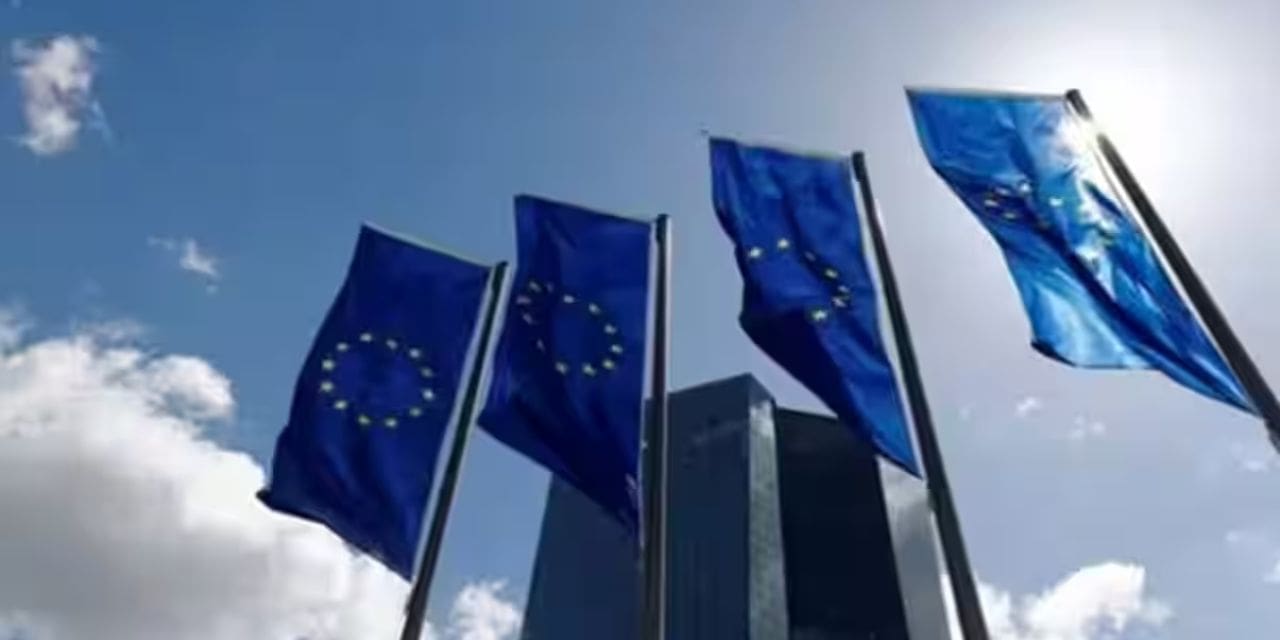Retaliation against the European Union over its slew of laws, such as the carbon tax, would be ineffective and result in higher costs for domestic producers, but the group’s five regulations on trade and climate change may in some ways make India more competitive than its rivals, according to a senior official.
The carbon tax or Carbon Border Adjustment Mechanism, which aims to impose additional tariffs on goods with higher-than-permissible carbon emissions at production stage, whether imported or produced within the EU, cannot be replicated by India because producers will have to produce goods that adhere to EU standards even for local markets.
The CBAM initially covers cement, aluminium, fertilisers, iron and steel, and electricity. The new tax’s transition period will begin on October 1 of this year, but actual collection won’t commence until January 2026.
The EU Deforestation Regulation, one of the five recent measures announced by the EU to meet its net zero carbon emission goal by 2050, could aid India’s agriculture exports, the official said.
After December 2020, exporters to the EU will need to make sure that no agricultural goods were grown on deforested land. In December 2024, major enterprises will be subject to the new regulations, and in June 2025, small firms will.
Cattle, buffalo, meat from ruminant animals, oil cakes, soya beans, palm oil, cocoa beans, chocolate, coffee, leather, paper, and wood products are among the goods covered by the restrictions.
In contrast to nations like Brazil, which is one of the major exporters of these commodities and has some sort of agreement with the 27-nation grouping, India can show the EU that our forest cover has expanded and that forest area is not being diverted for agriculture, the source added.

